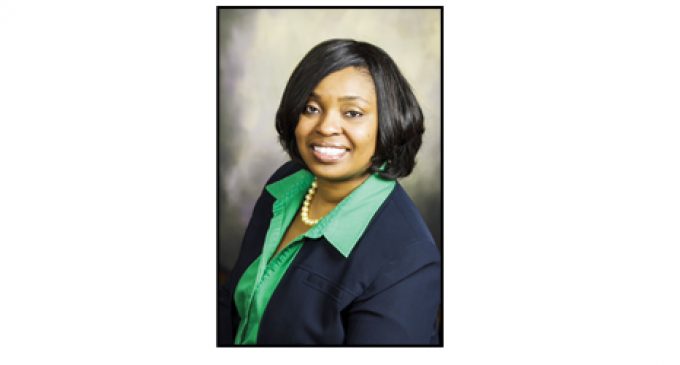Brown recalls hearing King’s famous words

Special to The Chronicle
Earl Brown Jr. didn’t travel to Washington, D.C. late last month to attend the commemoration of the 50th Anniversary of the March on Washington, but on Aug. 28, 1963, he was in D.C. for the real thing.
“I’m an only child, and my mother asked me why I was going because she was concerned for my safety,” said Brown, director of the International Program at Salisbury’s Livingstone College. “I told her I felt I must go so that years later my children wouldn’t have to go.”
Fifty years ago, Brown and about 250,000 other people converged on Washington to demand better jobs and freedom. It was then that Dr. Martin Luther King Jr. delivered his famous “I Have a Dream” speech.
Brown, a junior at Morgan State University in Baltimore at the time, remembers the day like it was yesterday.
“It was a pleasant day weather-wise,” Brown recalled. “I had to park 18 blocks from the Memorial and walk, but I wasn’t scared because I didn’t see anybody who looked like they were coming to cause problems. I saw families. I saw mainly young people. I saw union workers. It was historic just to be on the grounds.”
Brown, 23 at the time, said he’ll never forget hearing King’s voice as he talked about his dreams and hopes for America. Though he’d heard King speak once before at Morgan State, nothing could have prepared him for that day or the emotions he’d experience.
“With all of those people, you could still hear a pin drop when Dr. King was speaking,” Brown said. “I was standing near the reflecting pool, and it was so quiet I could hear the waves of water.”
Brown said he was impressed by King’s eloquence.
“His ability to phrase and to use language to tell a story is excellent,” Brown said. “For me, the phrase about wanting his four little children to be judged by the content of their character versus the color of their skin is a part of what the struggle is all about. Judge me by my character, by what I do, by my contributions. Unfortunately, everyone in the nation has not yet learned that.”
A year after the historic civil rights demonstration, Brown earned a bachelor’s degree in political science and history, with a minor in economics. He later earned a master’s degree in urban planning from Hunter College CUNY and has done doctoral study in regional economic planning at the University of North Carolina at Chapel Hill.
A former Peace Corps employee, Brown has served as a middle school teacher in a remote part of the Republic of Tanzania, an East African country. He has been to 27 of Africa’s 56 countries and worked in various capacities on four continents.
Today, Brown is focused on creating opportunities for Livingstone students and faculty to study abroad and on recruiting international students to attend the college. Brown said he’s thankful for the progress that has been made in America since 1963. When he marched on Washington 50 years ago, he couldn’t have imagined students from historically black colleges and universities getting the opportunities they enjoy today — like spending 10 days studying in a foreign country.
But Brown is careful to point out that while conditions have improved for African Americans, “the economics for people of color haven’t significantly changed.”











